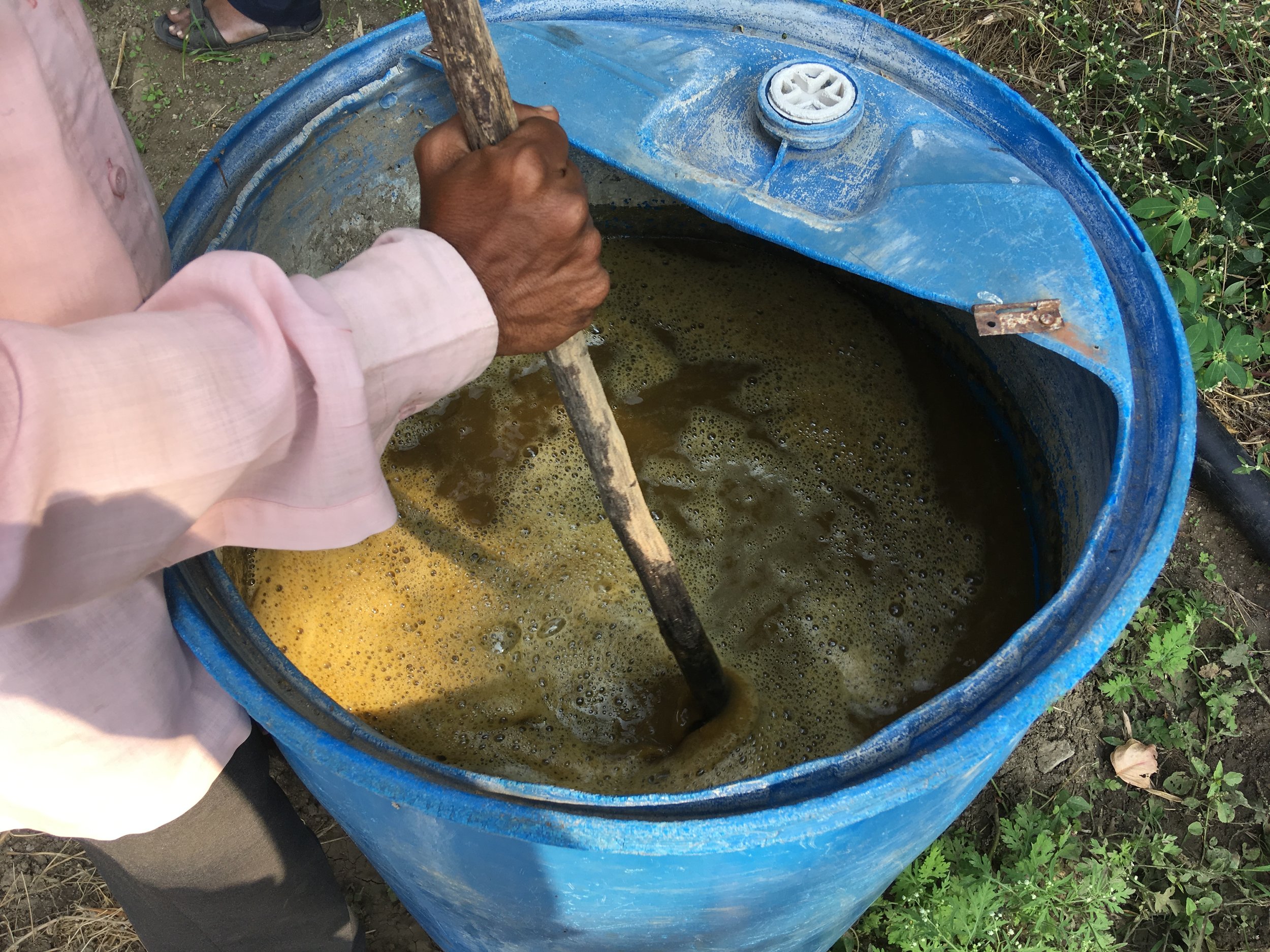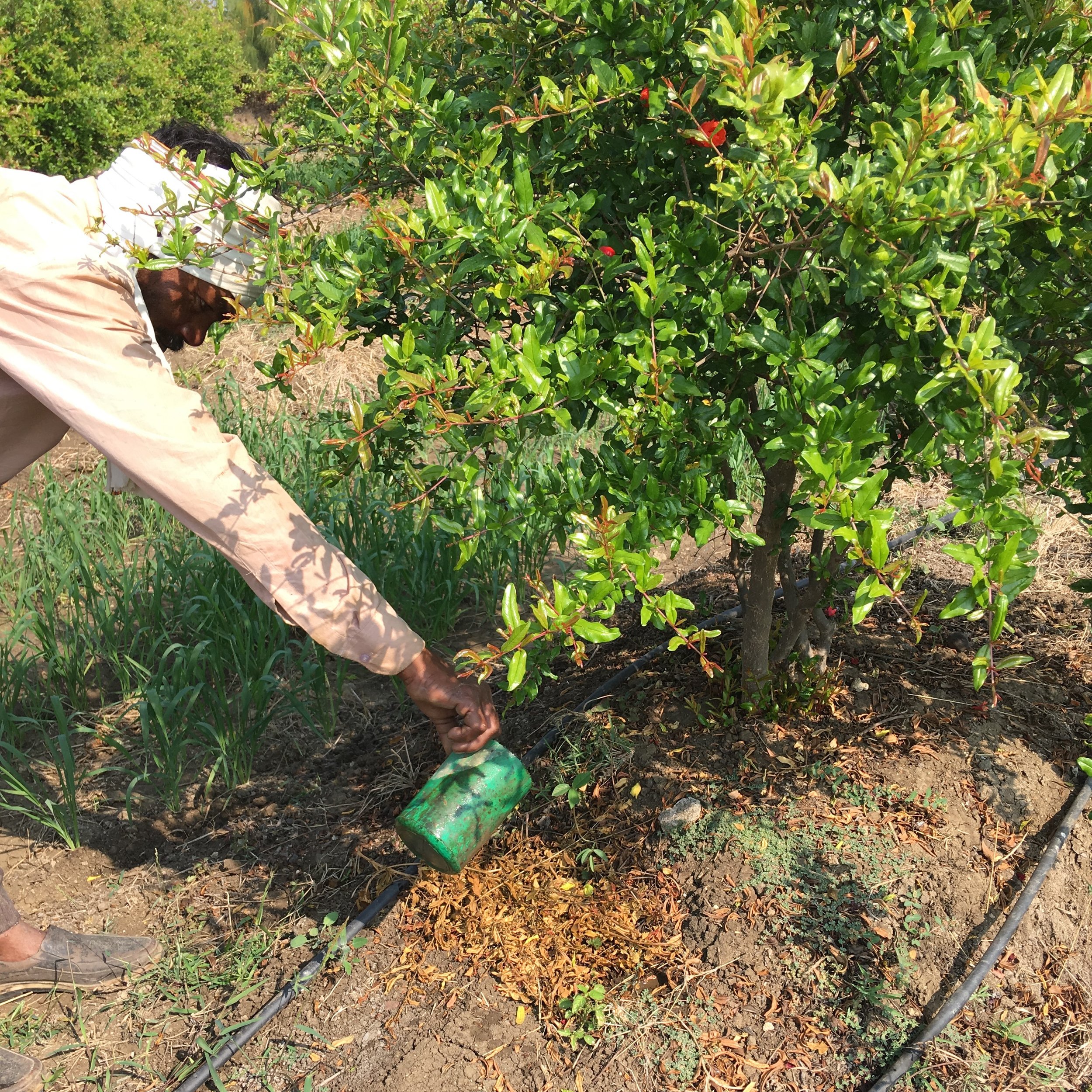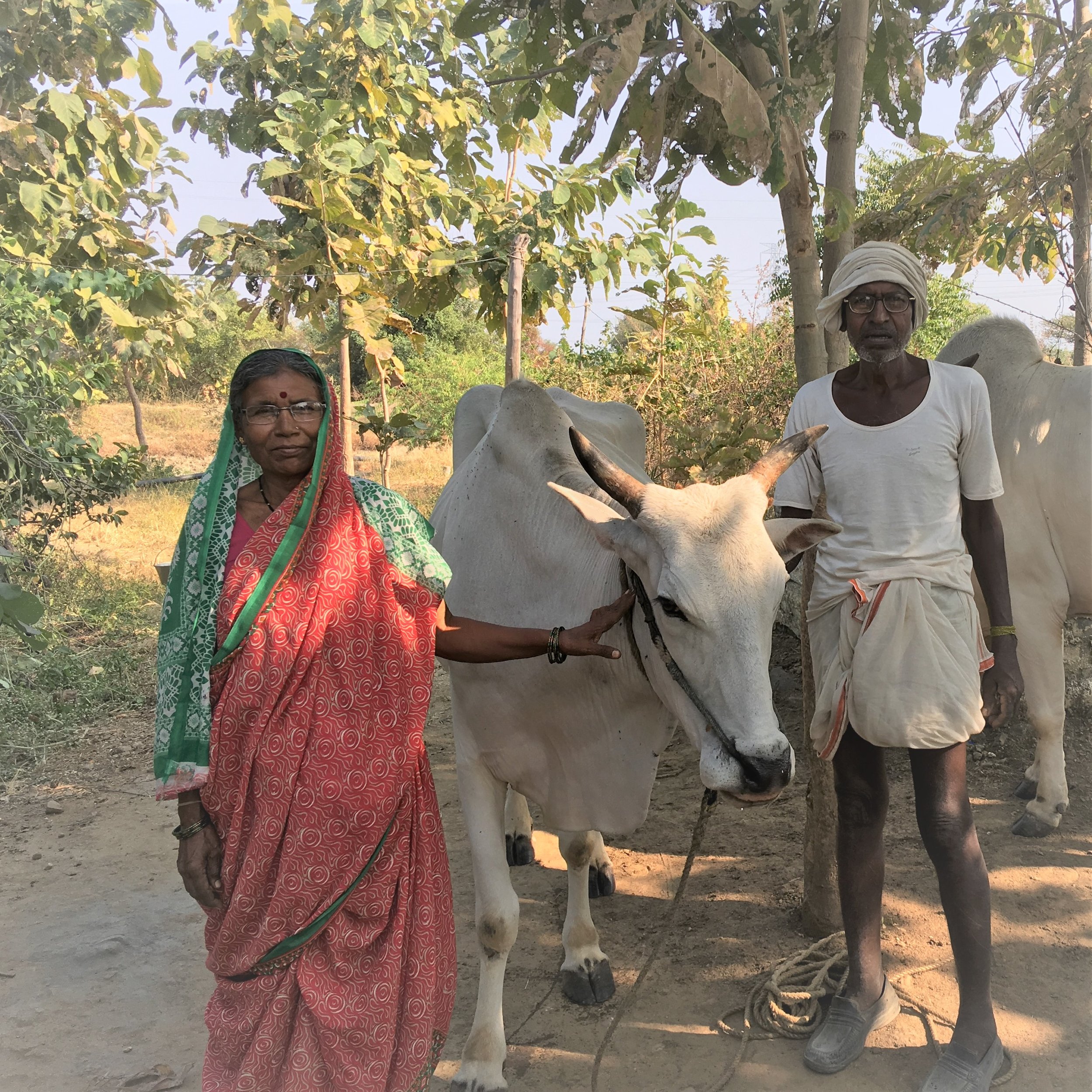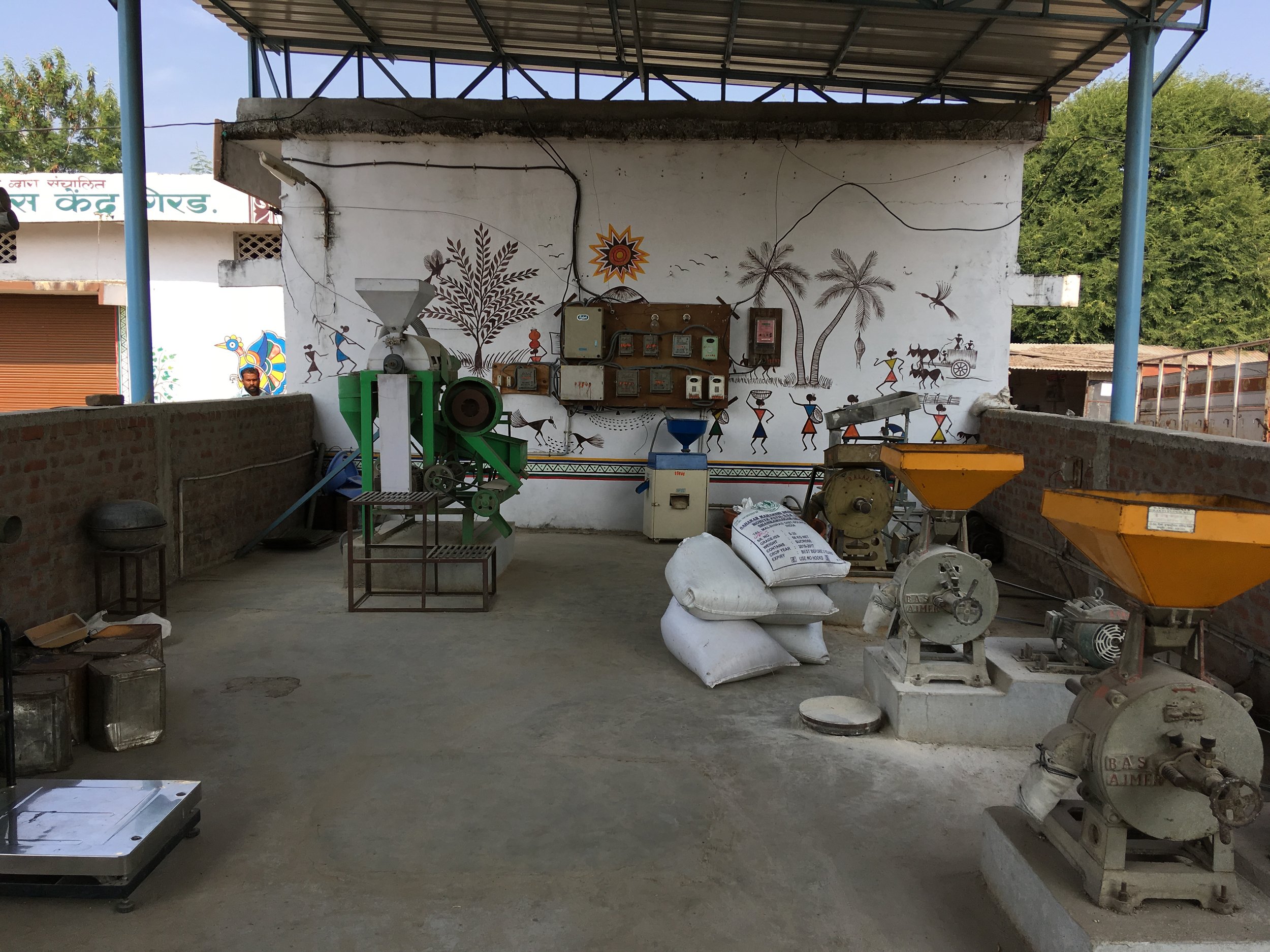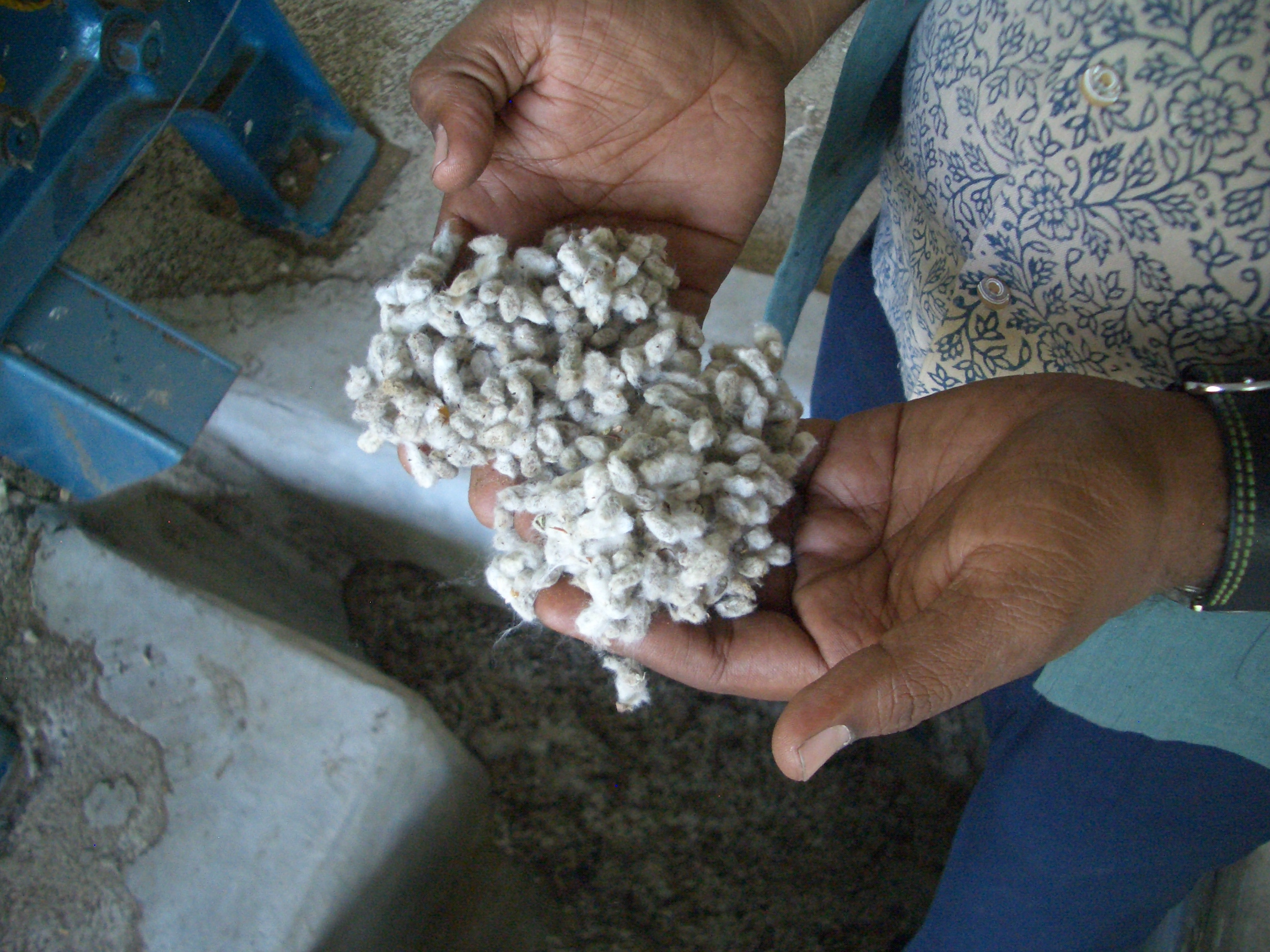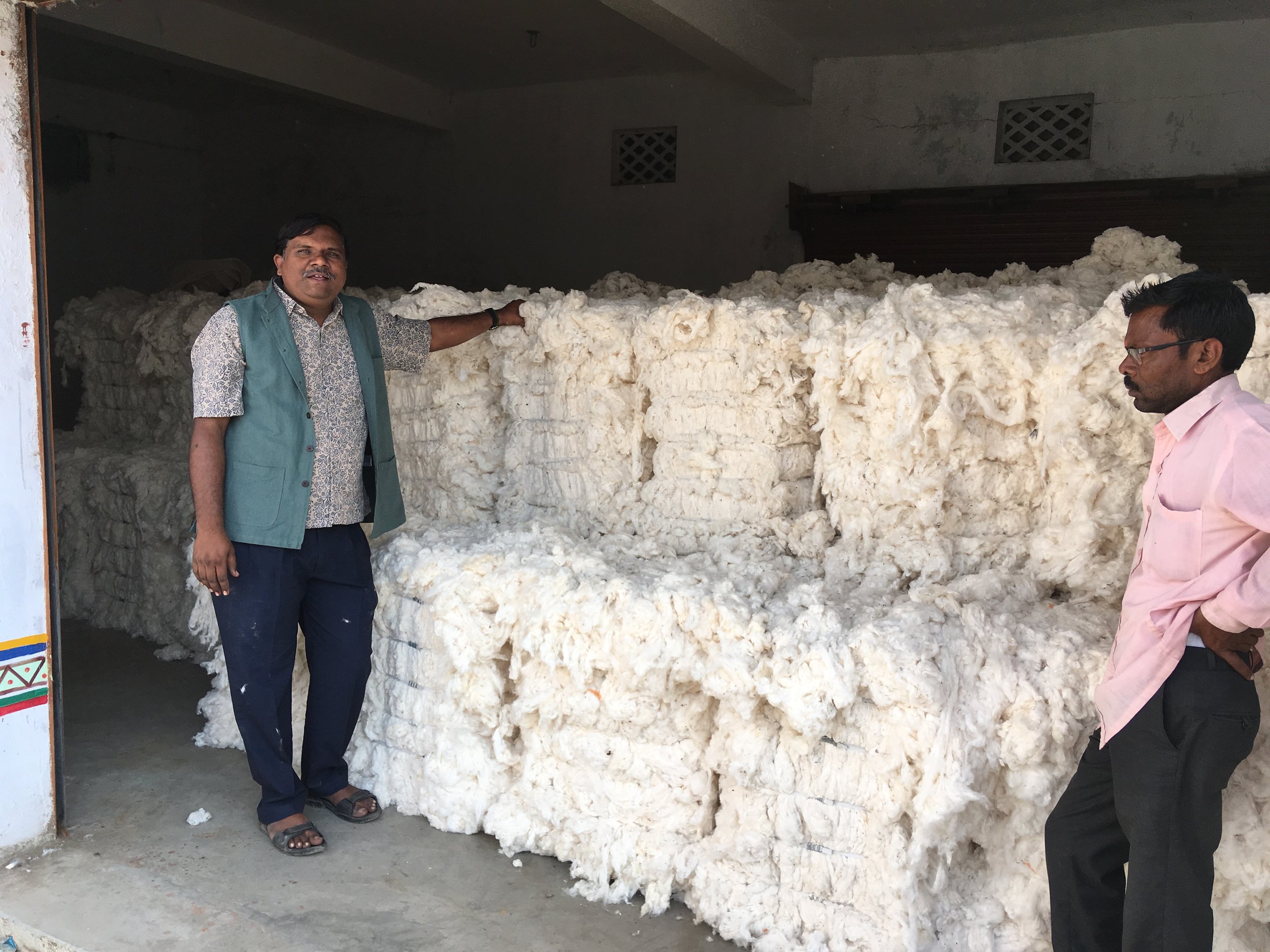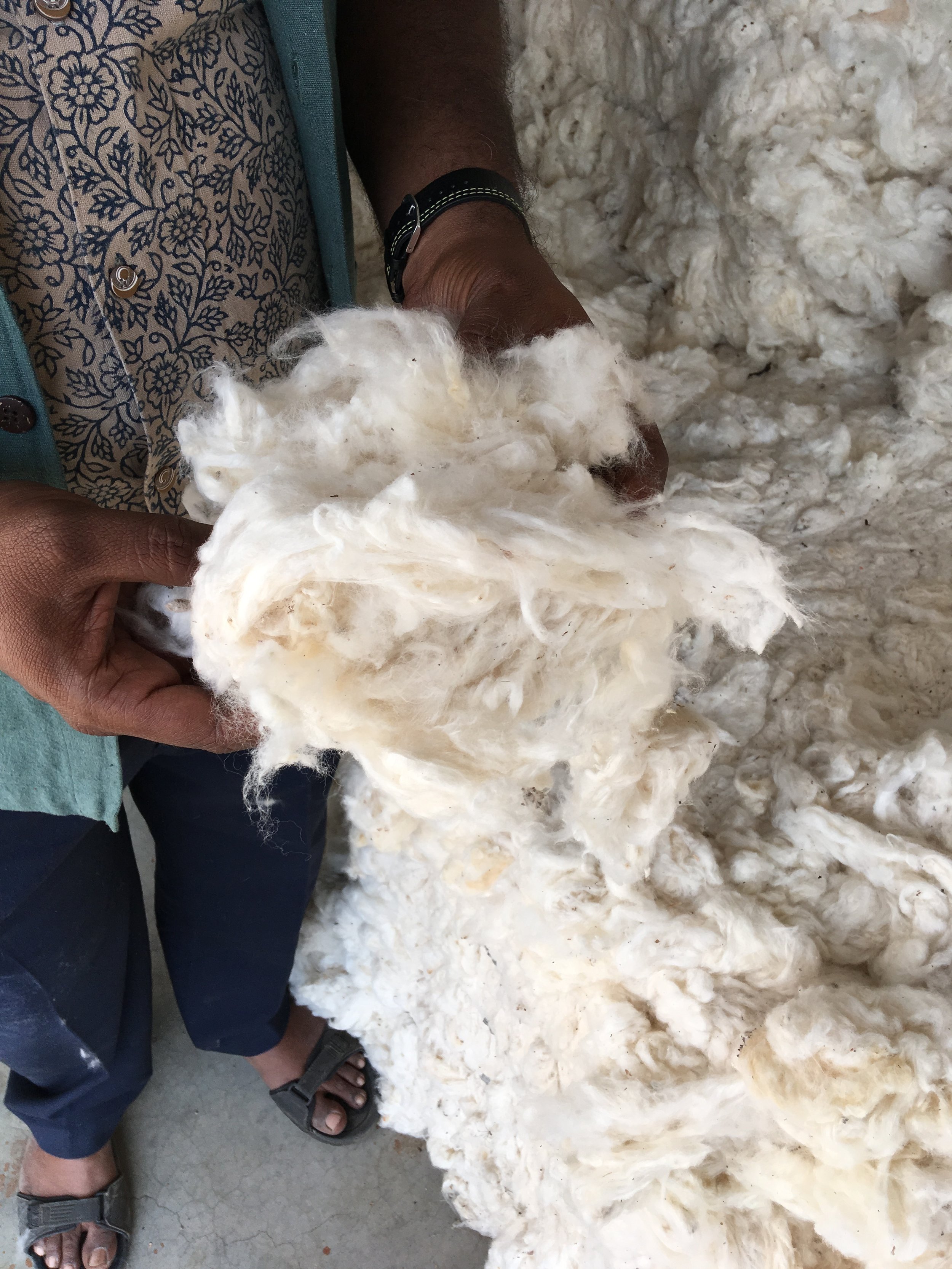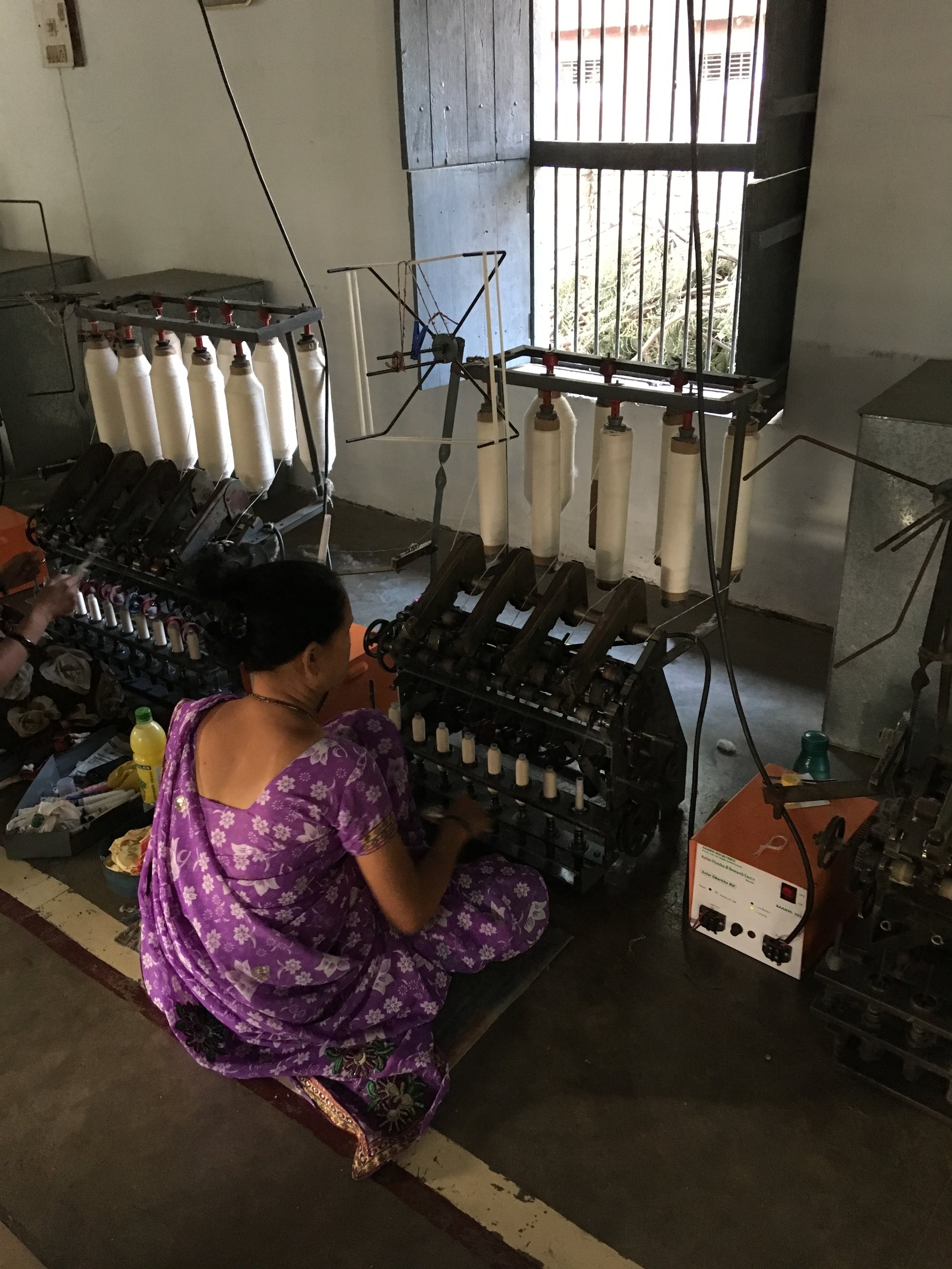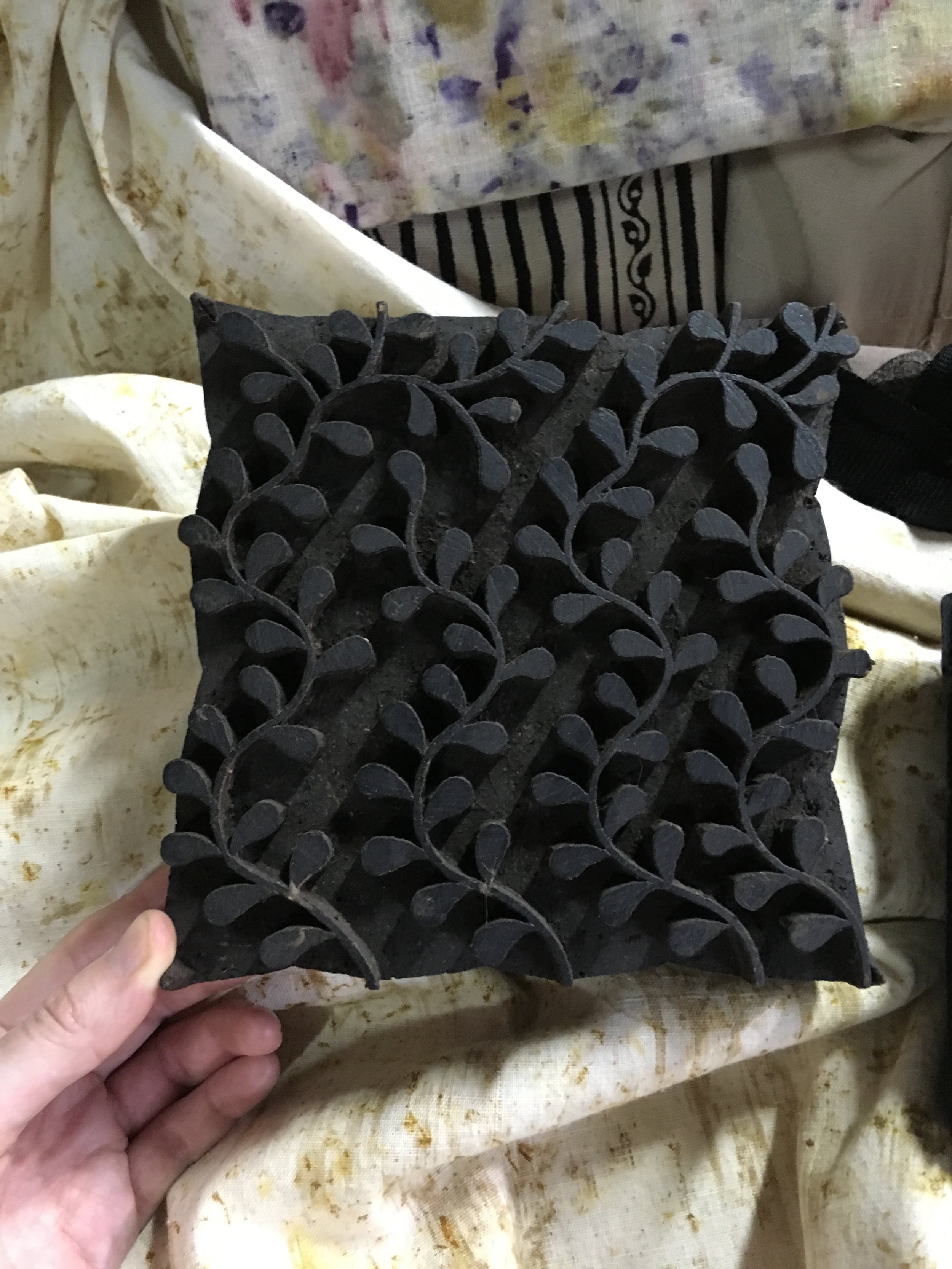Gandhi's Footprints
Image: Getty Images
Last year, I visited an NGO in India that is providing the organic cotton yarns for some of Ecosophy’s products. I had an incredible time and returned again this year to work on some product ideas. Both times, I was really impressed by the NGO’s work, so I thought I’d write a journal article on them to tell you a bit more about them and the revolutionary approach they are taking to textile production.
Magan Sangrahalaya Samiti (MSS) is an NGO in central India dedicated to helping the communities around it develop sustainable businesses. The communities are largely agricultural, so MSS starts with their main source of income - farming - and supports them in adopting organic techniques. This enables them to improve the health of their soil, increase biodiversity on their farms, and save money on input costs, which makes them less vulnerable to debt.
As well as running a field school for local farmers, MSS develops small-scale technology that can be used by the farmers to process their cotton. By offering them an alternative to sending their cotton to a central mill, MSS’ technology gives the farmers more bargaining power with buyers and makes them less vulnerable to exploitation. It also enables them to recycle the seeds in their cotton, so they don’t need to buy new seed for the next crop.
After being processed, the cotton can be sent to the NGO’s spinning centre, where local employees spin it into yarns using solar-powered machines. These yarns are then turned into fabric on the NGO’s hand looms and dyed with natural dyes, which mostly come from unused local forest produce. By providing small-scale technology that runs on either solar power or manual power for each of these production stages, the NGO has been able to create a supply chain that is environmentally sustainable and financially empowering for local communities.
MSS’ approach to development has been inspired by the economic ideas of Mahatma Gandhi. Gandhi is most famous for his role as the leader of India’s independence movement, but what a lot of people don’t know about him is that as well as protesting against British rule, he was also a visionary with well thought out ideas about the kind of society India should become. Central to his vision was the goal of sarvodaya, or the ‘welfare and upliftment of all’. He believed economic development should benefit the many, not the few, and that the way to achieve this was through decentralisation, small-scale technology and a focus on local knowledge and resources. He was not anti-industry or technology, but believed these should be designed to enable the dispersal of power, rather than the centralisation of it.
Since Gandhi’s assassination, India has largely followed a path of large-scale industrialisation. The results of this have been mixed - GDP is rising, but the gap between the rich and the poor is huge and there are real question marks over whether the country’s development has benefited the poor, particularly in rural areas. MSS is one of a number of NGOs that are addressing the ongoing issue of rural poverty through a Gandhian approach. I was truly inspired by my visit and humbled by the staff’s enthusiasm for their work and their keenness to share it with the world.
I only spent a few days with MSS, but I felt like it gave me a glimpse of the kind of society Gandhi wanted India to be. One of my favourite memories from my visit is sitting down with the NGO staff and listening to them chant a prayer, which they later told me had been written by Gandhi. When I asked them what it meant, they said it was a prayer for peace to the God of all religions. They told me that their staff come from various religious backgrounds, but that they are all happy to chant this prayer as Gandhi’s vision unites them all. I have visited many organisations around India that are doing impressive work, but this organisation had something special about it - a spirit of fraternity that would, I believe, make Gandhi proud.


